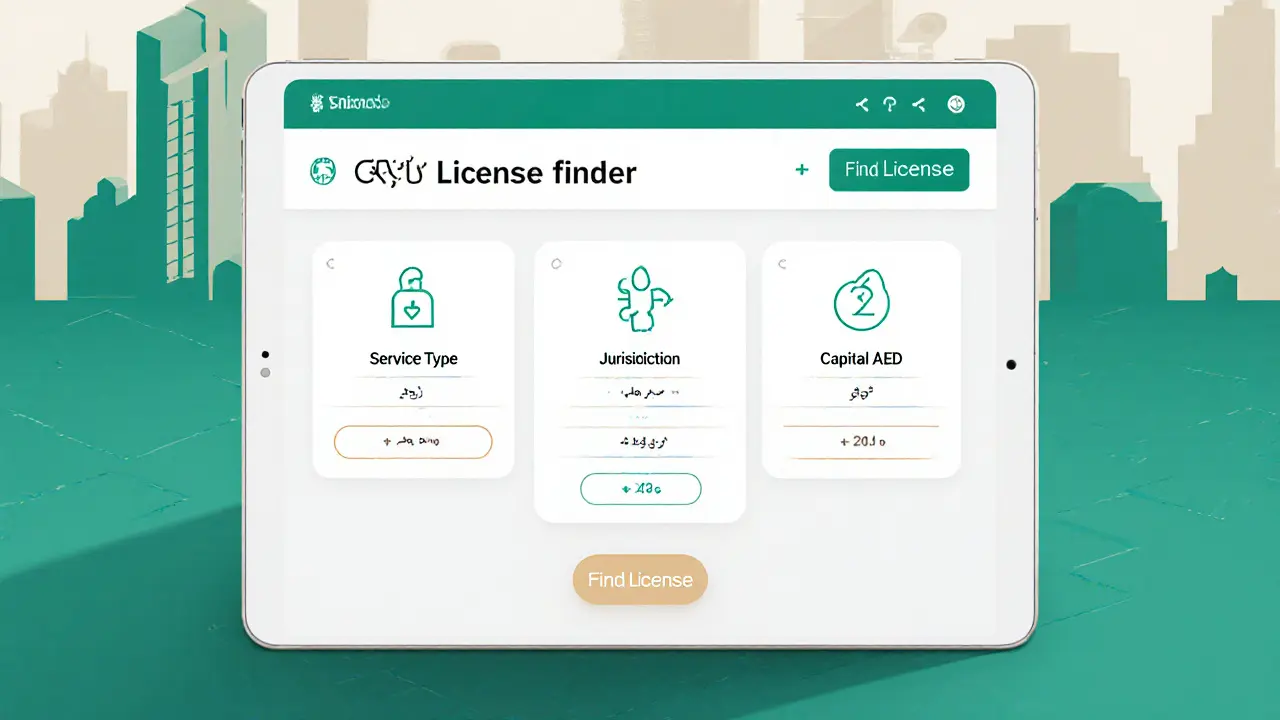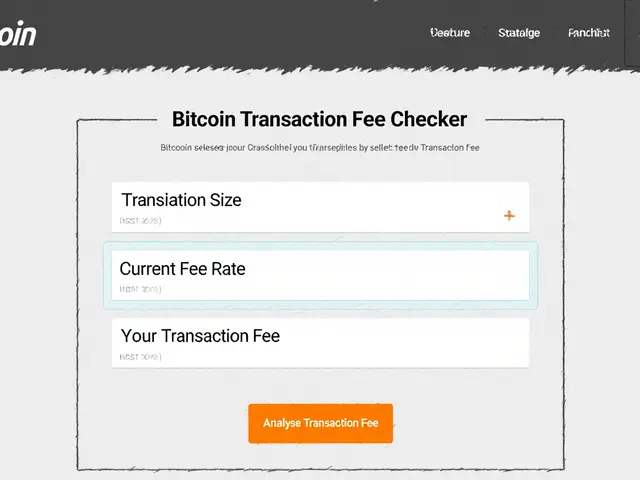UAE Cryptocurrency Regulations Explained
When navigating UAE cryptocurrency regulations, the set of laws and guidelines that govern digital‑currency activities within the United Arab Emirates. Also known as UAE crypto law, it shapes every crypto‑related operation in the country. These regulations encompass crypto exchange licensing, require strict anti‑money‑laundering (AML) compliance, and are overseen by the Central Bank of UAE, the primary monetary authority that issues guidance on digital assets. At the same time, the framework defines what counts as digital assets, tokens, coins, and other blockchain‑based instruments subject to regulation. In short, the UAE’s approach links licensing, AML, and central‑bank oversight into a single compliance ecosystem.
Key Elements of the Regulatory Landscape
First, any platform that wants to offer crypto trading must obtain a crypto exchange license, a permit issued by the UAE’s financial regulator that confirms the firm meets capital, security, and governance standards. Without this license, operating an exchange is considered illegal and can trigger severe penalties. Second, AML rules demand thorough customer‑due‑diligence, transaction monitoring, and reporting of suspicious activity to the Financial Intelligence Unit. This means KYC checks aren’t optional—they’re a legal baseline. Third, the Central Bank of UAE released a digital‑asset policy that classifies stablecoins, security tokens, and utility tokens, each with its own reporting and capital‑reserve obligations. Finally, the regulator expects ongoing audits and public disclosures, turning compliance into a continuous process rather than a one‑time filing. These requirements shape how crypto businesses structure their teams, choose technology providers, and manage risk.
Our collection below pulls together real‑world examples that illustrate how these rules play out. You’ll find exchange reviews that break down licensing status, token guides that explain whether a coin fits the UAE’s definition of a digital asset, and analysis of global trends—like Norway’s mining ban or Argentina’s crypto adoption—that affect compliance decisions in the Emirates. Whether you’re a trader looking for compliant platforms, a startup planning a launch, or just curious about how the UAE balances innovation with control, the articles ahead give you actionable insights and up‑to‑date information. Dive in to see how the regulatory pieces fit together and what steps you can take next.
UAE Crypto Regulations 2025: Bitcoin, Altcoins & Licensing Guide
Explore the UAE's 2025 crypto regulations, licensing steps, VAT exemptions, and the new Crypto-Asset Reporting Framework for Bitcoin and altcoins.
View More




